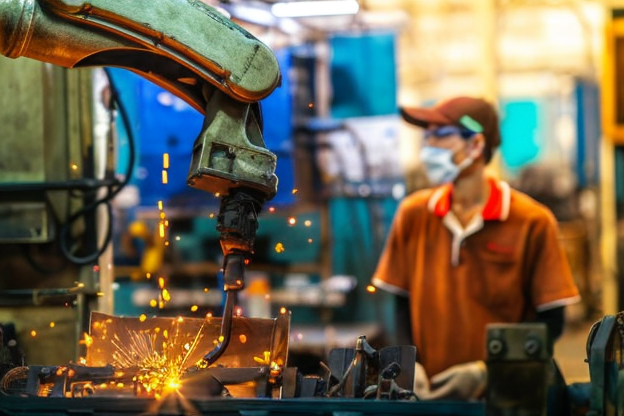Embracing Flexibility: The New Era of Sheet Metal Fabrication+ View more
Capitalizing on Strengths
In the realm of sheet metal fabrication, the ability to adapt and provide customized solutions gives companies a substantial competitive edge. The utilization of advanced technologies, such as 3D printing and Computer Numerical Control (CNC) machines, has empowered manufacturers to deliver precise and intricate designs that meet the specific needs of individual clients. By capitalizing on these strengths, companies are not only able to offer a higher degree of customization but also enhance their operational efficiency and reduce waste.
Addressing Shortcomings
However, this shift toward flexible design and production is not without its challenges. The very nature of customized production means that companies must grapple with increased complexity in production planning and inventory management. There is also a pressing need to upskill the workforce to handle the sophisticated machinery and software that are now integral to the fabrication process. These shortcomings present significant hurdles, but they also offer opportunities for growth and improvement.
Forging Innovative Development
For the sheet metal industry to thrive in this new era, innovation must be at the forefront of its development strategy. This involves not just the adoption of new technologies but also the rethinking of business models to support small-scale, high-customization projects. It's about creating a more agile and responsive manufacturing environment that can quickly adapt to changing customer preferences. By fostering a culture of continuous improvement and innovation, the sheet metal industry can position itself to meet the demands of the future head-on.
The Path Forward
As the industry continues to evolve, it's clear that the companies willing to embrace change and invest in innovation will be the ones to flourish. This requires a delicate balance of maintaining the core competencies that have historically defined the industry while also venturing into uncharted territories. The path forward for sheet metal fabrication is one of complexity and opportunity, and it is those manufacturers who can navigate this path with agility and foresight that will emerge as leaders in this new era.

